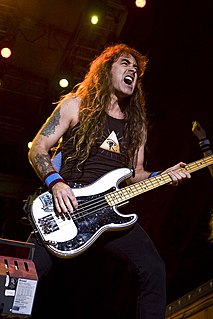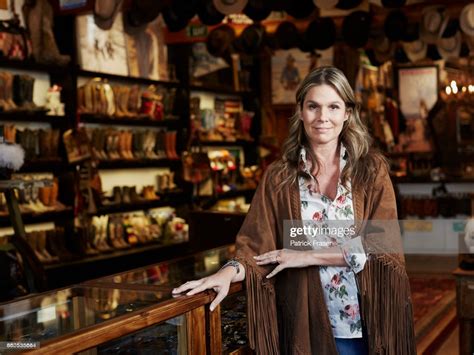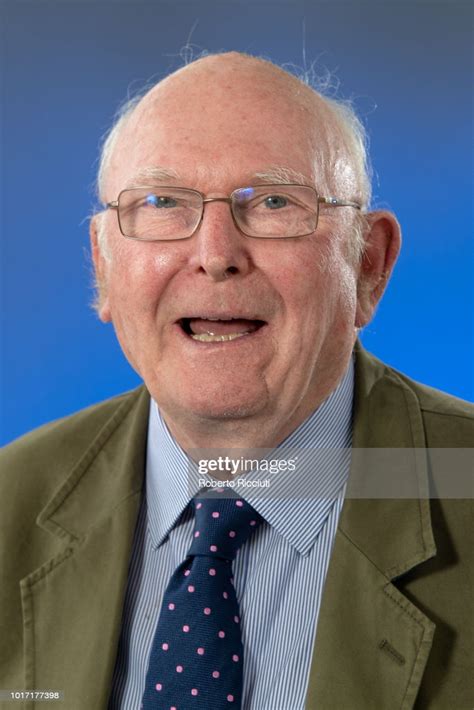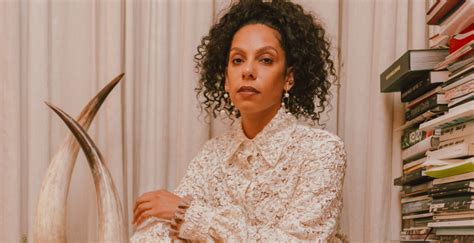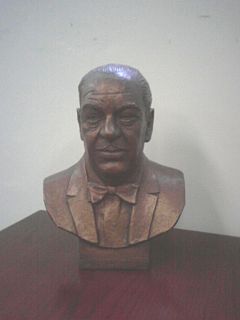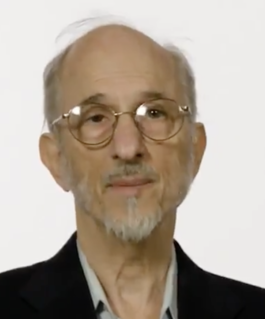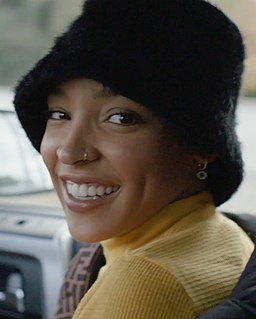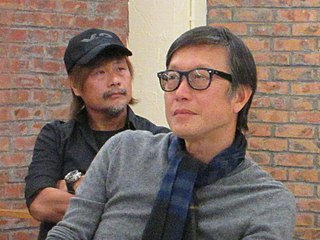A Quote by Greig Fraser
I'm confident that the wrong cinematographer on a project can very much derail the mood and the feeling on set when you're trying to create a bubble of trust, effectively.
Related Quotes
To me, achieving tone, achieving consistency, is exactly the job of a director. It is to be the fusing, the nexus of a whole bunch of people contributing to the complex life of a movie. There are actors, there's a cinematographer, there're costume people, set people, there are all these things, and you somehow have to be the person in the middle of it who is making it all synchronize into the same magic bubble.
My mood has changed now. And the sun has gone behind the clouds. I'm in this mood I feel occasionally... this mood where there's a very good friend nearby who I should be phoning. If only I could reach that friend and talk, then everything would be just fine. The dilemma is, of course, I just don't know who that friend is. But in my heart I know my mood is merely me feeling disconnected from my true inner self.

